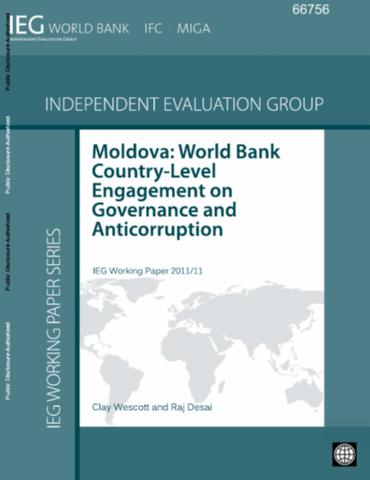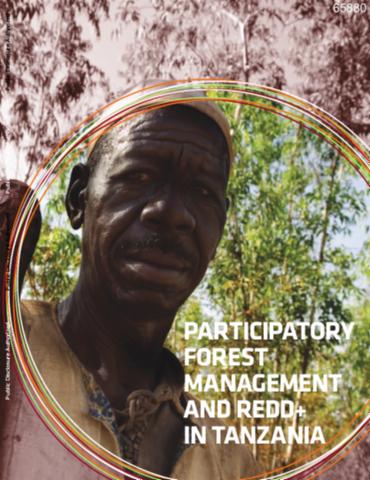Review of Organic Farming Policy in Australia: Time to Wipe the Slate Clean?
Organic farming has risen in popularity with both farmers and consumers, with Australia having the largest area of certified organic land in the world. Australian governments have traditionally ignored the organic farming sector, while making policies that have hampered its further development. Although policies have become more favorable over time, recently, there has been a slight reversal in approach. Such a reversal in policy makes Australia unique when compared to the pro-organic policy developments in nearly all other developed countries.



